Harrisburg, Pa. (November 17, 2021) – The Pennsylvania Assisted Living Association (PALA), joined by its partner Argentum, the nation’s leading national senior living advocacy group, conducted a press conference on Wednesday at the state capitol promoting state-based apprentice programs during National Apprenticeship Week (Nov. 15-19).
Nationwide, less than 900,000 people work in caring for senior living residents, a low-water mark that has sparked a staffing shortage crisis. To offer solutions, the Wednesday event saw leaders from the legislature and Wolf Administration highlight both the Pennsylvania Apprenticeship Programs focusing on healthcare, which can assist in the workforce crisis being experienced by PALA members, and Argentum’s Federal Apprenticeship effort, the Healthcare Apprenticeship Expansion Program (HAEP).
Speakers also discussed Argentum’s national campaign to have President Biden prioritize federal COVID relief and workforce programming for senior living caregivers, called the “Don’t Leave Us Behind…Again” campaign.
Leading off the conference, State Rep. Gary Day, Chair of the Aging and Older Adults Committee, described his work with the state’s assisted living and personal care community, and offered support for the effort to bring and retain more workers into long-term care.
Margie Zelenak, Executive Director, PALA, thanked the PA General Assembly for their support of personal care and assisted living communities by allocating $50 million in CARES Act and $30 million in American Rescue Plan funding to assist with battling COVID-19. She said assisted living and personal care communities are waging an epic battle to find and retain qualified workers to staff communities caring for elderly residents. A long-term problem, staffing shortages have become a crisis during the COVID pandemic. PALA, Argentum, and its state supporters see apprentice programs as one way to remedy the situation. Zelenak said “as more assisted living and personal care staff retire from the field, new blood is needed, especially on the executive management track to act as leaders in care communities.”
Julie Grubbs, Policy Director, Pennsylvania Department of Labor and Industry, spoke as well, focusing on the state-based programs that yielded positive initial results for bringing younger workers into the caregiving space.
Shari Franey, COO, Hamilton-Ryker/Talent Gro highlighted the Argentum HAEP program. Tommy Comer, Chief Human Resource Officer for Commonwealth Senior Living discussed, the program in Virginia and their two communities in Pennsylvania. Their Apprenticeship program has assisted in recruiting staff that have never consider working in senior living and provides a career path forward.
On a national scale. Argentum has prioritized workforce development in its advocacy efforts in Washington, DC, as part of the senior living association’s “Don’t Leave Us Behind…Again” campaign. This campaign is directed at the Biden Administration and selected lawmakers, like Senator Bob Casey, asking them to target COVID relief funding options to assisted living and personal care communities.
In her remarks, Argentum’s Maggie Elehwany pointed to some $17 billion in Provider Relief Funds (PRF) that remain to be disbursed by the federal government. None of that money is currently prioritized for senior living caregivers who have been on the frontlines in fighting the pandemic for nearly two years. As a result of COVID, senior living providers all across the country have suffered deep financial losses even as they continue to provide the highest quality care. The PRF can ensure the survival of assisted living and personal care facilities in Pennsylvania and across the nation.
Paired with the financial message, Argentum is asking for legislators to fund long-term care workforce development as part of its pending legislation, the Safeguarding Elderly Needs for Infrastructure and Occupational Resources (SENIOR) Act.
Argentum is already championing HAEP Grants by leading a $6 million project funded by a four-year federal Closing the Skills Gap grant.
The HAEP seeks to expand apprenticeship pathways for positions like CNA’s, LPNs, RNs and Rehab Technicians, and create new apprenticeship programs for healthcare leadership positions such as nursing directors and executive directors.
Argentum plans to enroll and support more than 7,200 apprentices by February 2024, through its partners; additionally, HAEP aims to support 6,000 apprentices in completing their education and training programs
- 85 percent of HAEP apprentices have stayed in their programs, reducing turnover.
- As of spring 2021, 93 percent of HAEP apprentices are female and 35 percent are persons of color.
View the event HERE


 Mailing List
Mailing List